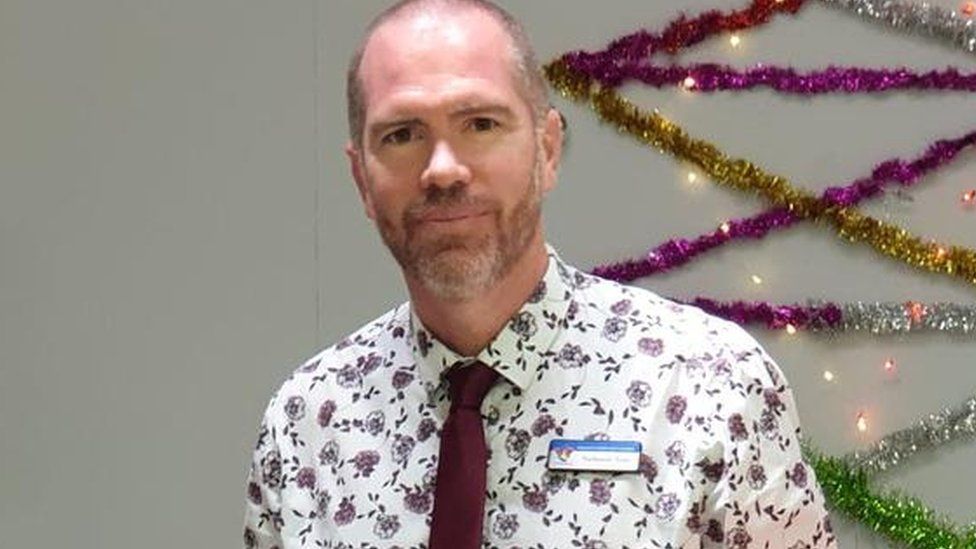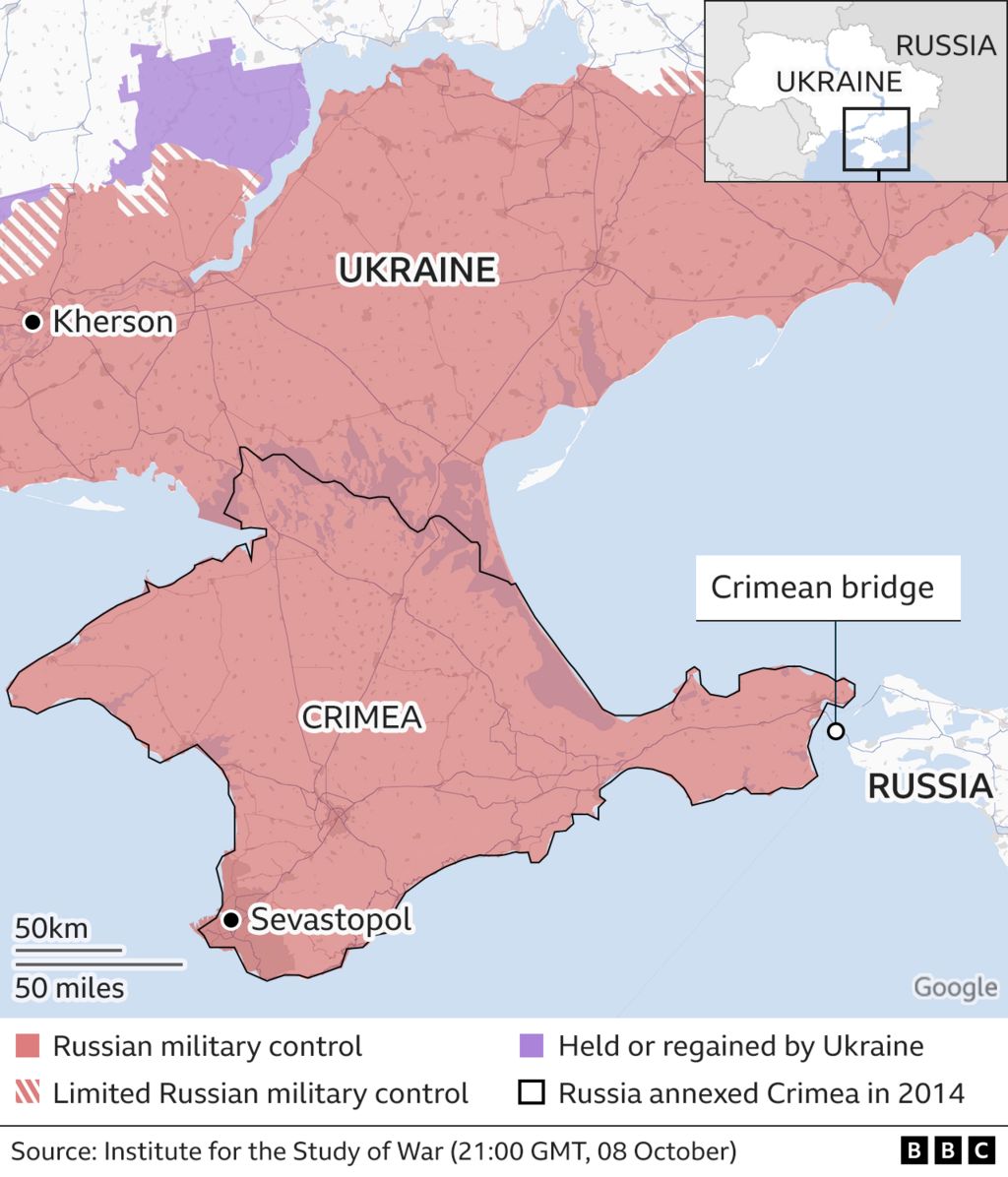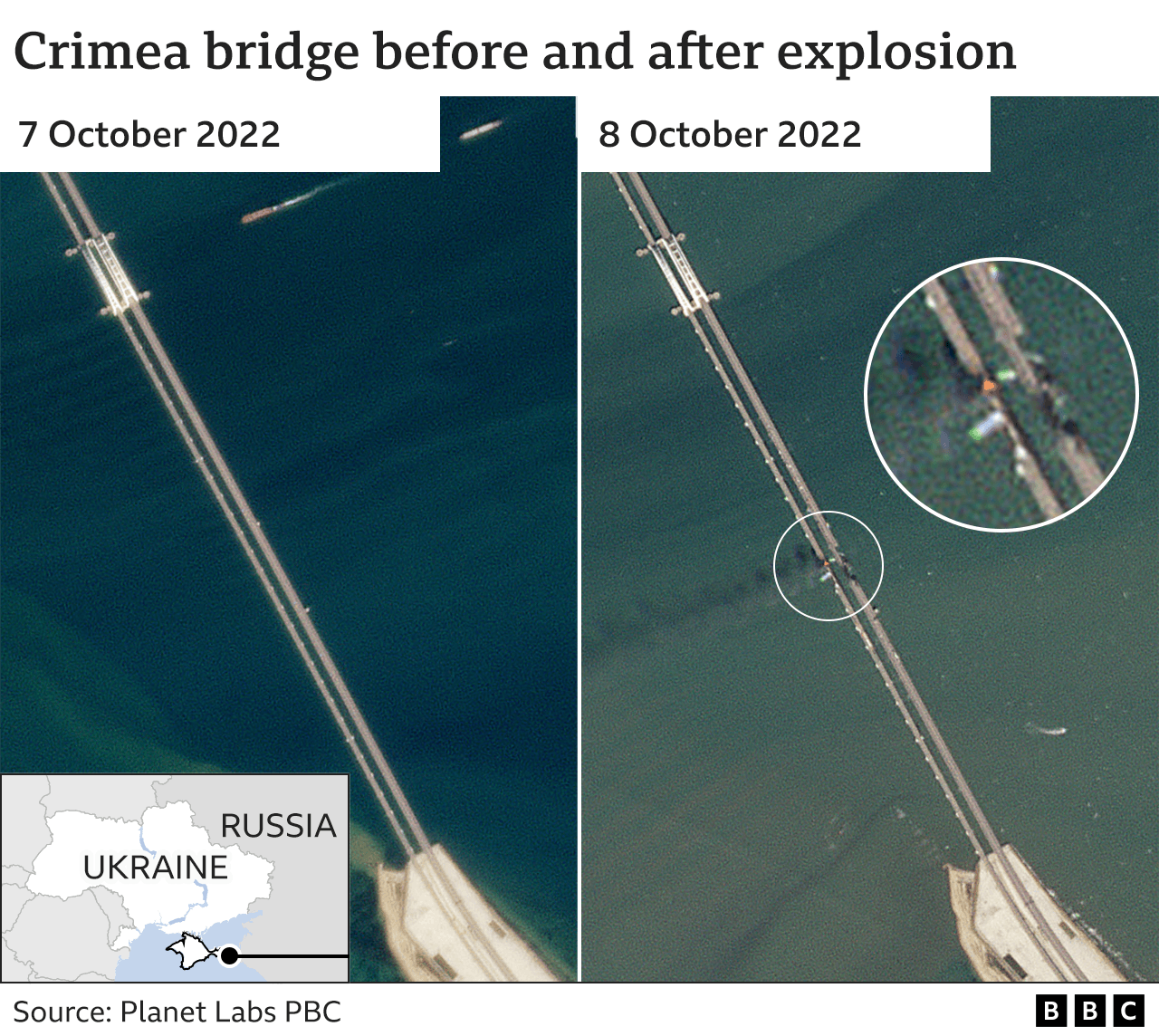The Speaker of Ghana’s Parliament, Rt Hon Alban Sumana Kingsford Bagbin, has called on African legislators to unite under the principles of Pan-Africanism to tackle pressing challenges such as terrorism, conflicts, and climate change.
Speaking during the First Ordinary Session of Côte d’Ivoire’s National Assembly on Monday, Speaker Bagbin emphasized the need for collective action to address the issues undermining stability and development in West Africa. He urged lawmakers across the continent to leverage parliamentary diplomacy to foster peace and sustainable growth.
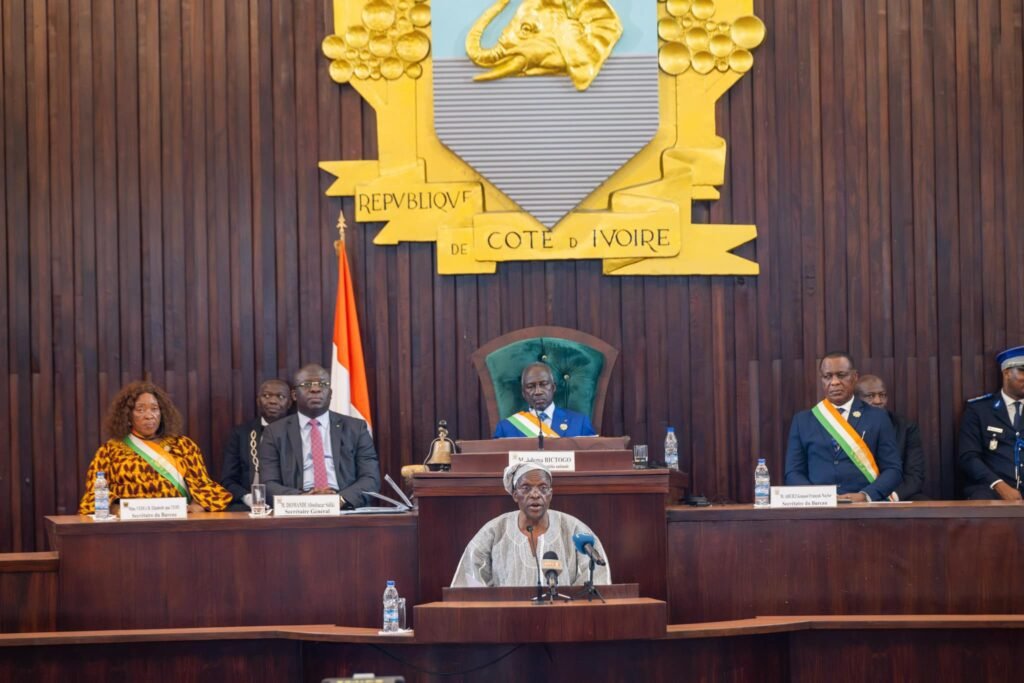
The event, hosted by the President of Côte d’Ivoire’s National Assembly, H.E. Adama Bictogo, saw participation from parliamentary leaders from Senegal, Benin, Togo, Nigeria, and the ECOWAS Parliament. Speaker Bagbin’s delegation included his spouse, Madam Linda Ofosuah Oboh, along with Members of Parliament Hon. Habib Iddrisu, Hon. Dorcas Toffey, Hon. Dr. Sebastian Sandaare, and other parliamentary staff.
In his remarks, Speaker Bagbin highlighted the critical role of legislators in addressing regional challenges. African lawmakers must stand in solidarity to combat terrorism, resolve conflicts, and confront climate change, he stated.
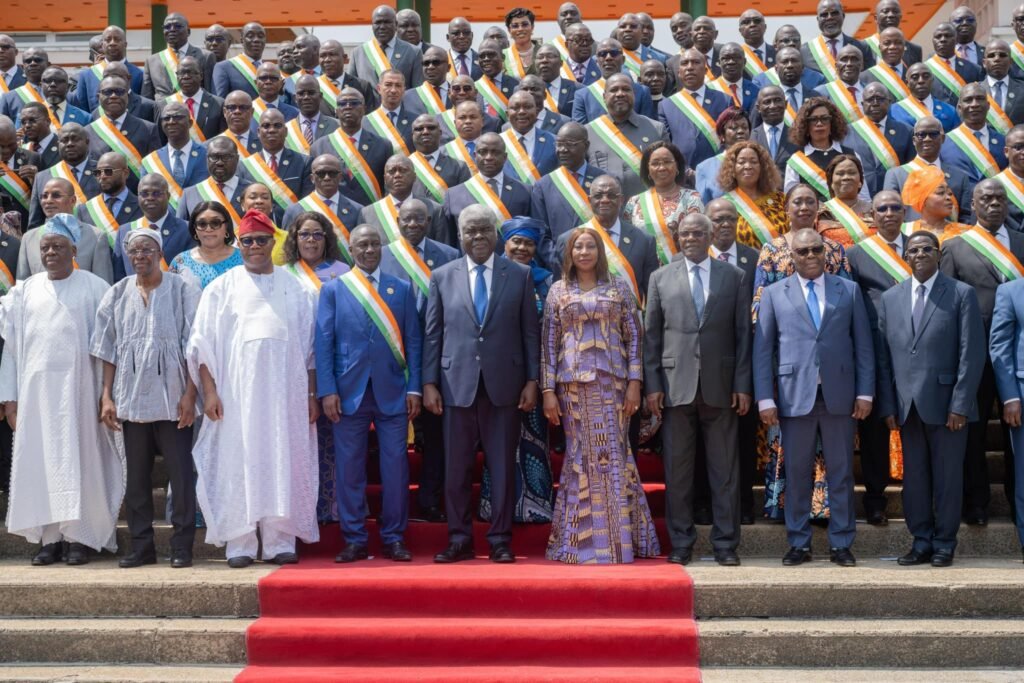
President of Nigeria’s Senate, Godswill Akpabio, also addressed the assembly, underscoring the importance of collaboration between African nations. He stressed that countries like Nigeria and Côte d’Ivoire are bound by a shared responsibility for the progress of the continent.
“The future of West Africa rests upon us. Therefore, let us not be complacent. The challenges before us are vast – youth unemployment, human trafficking, and security threats. Yet, so too are the opportunities,” Akpabio said.
He further called for stronger ties across national boundaries, urging lawmakers to lead the charge for unity. “The colonialists may have cut Africa into geopolitical chunks, but we must unite and stitch the torn fabrics of our heritage and teach the world that blood is still thicker than water. Let us envision a region where borders are bridges of unity, not walls of division, where trade flourishes, cultures blend, and progress becomes the right of every citizen,” Akpabio concluded.
The gathering underscored the critical role of parliamentary collaboration in fostering unity, with leaders reaffirming their commitment to advancing the shared vision of a prosperous and stable Africa.























